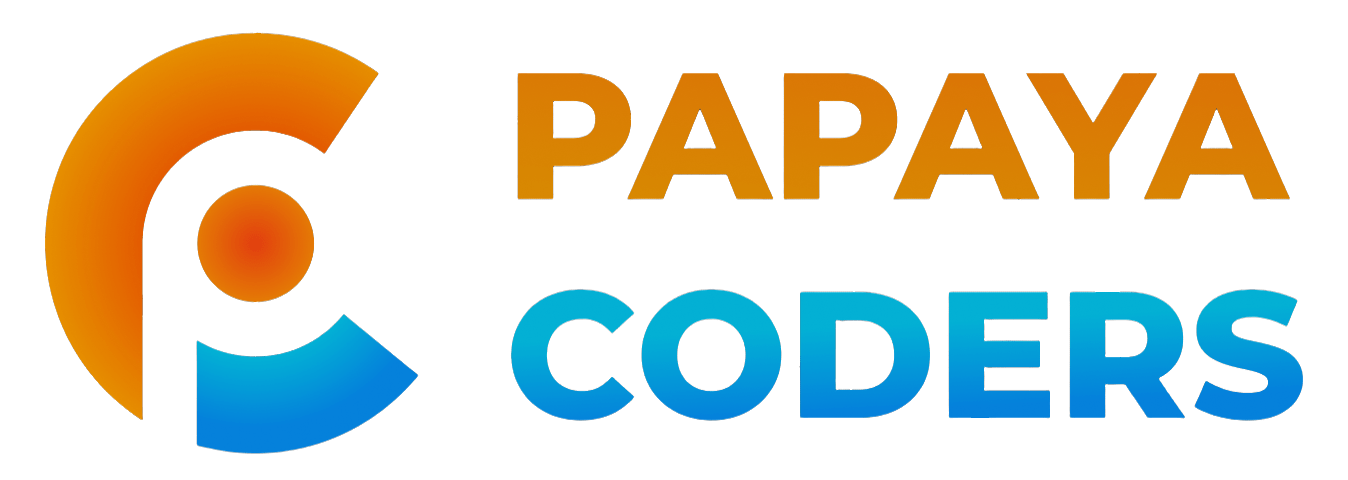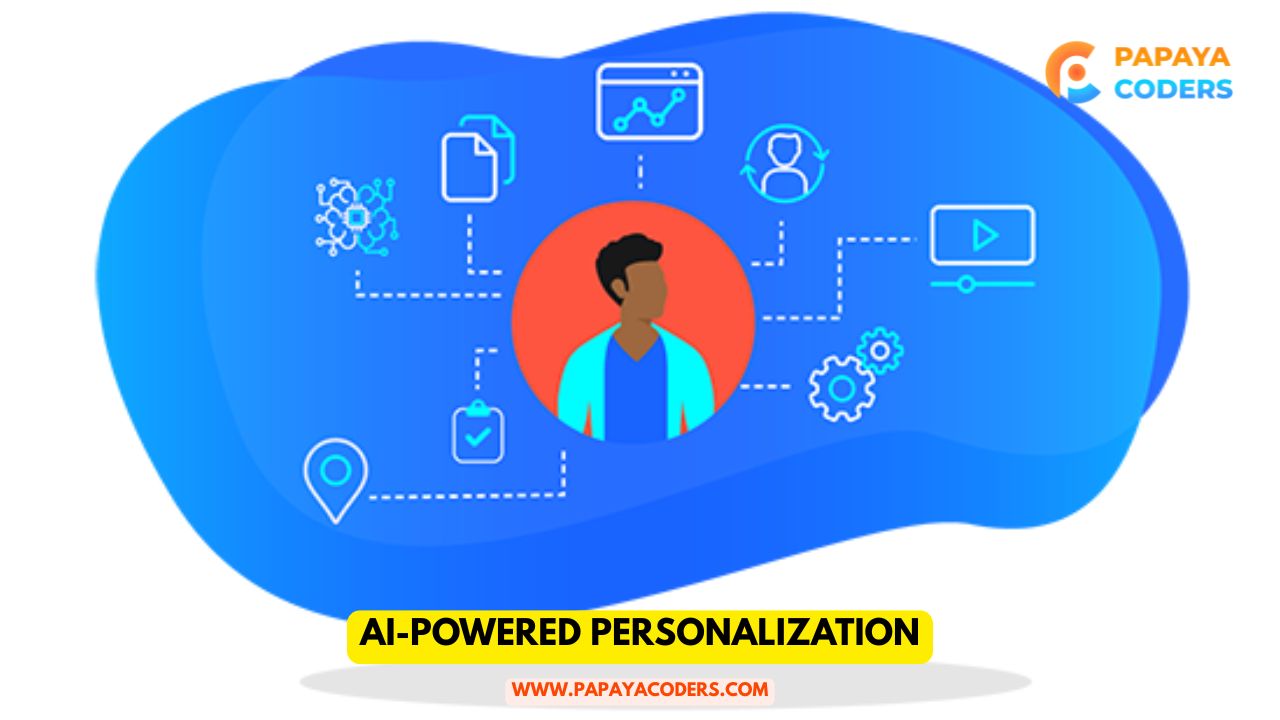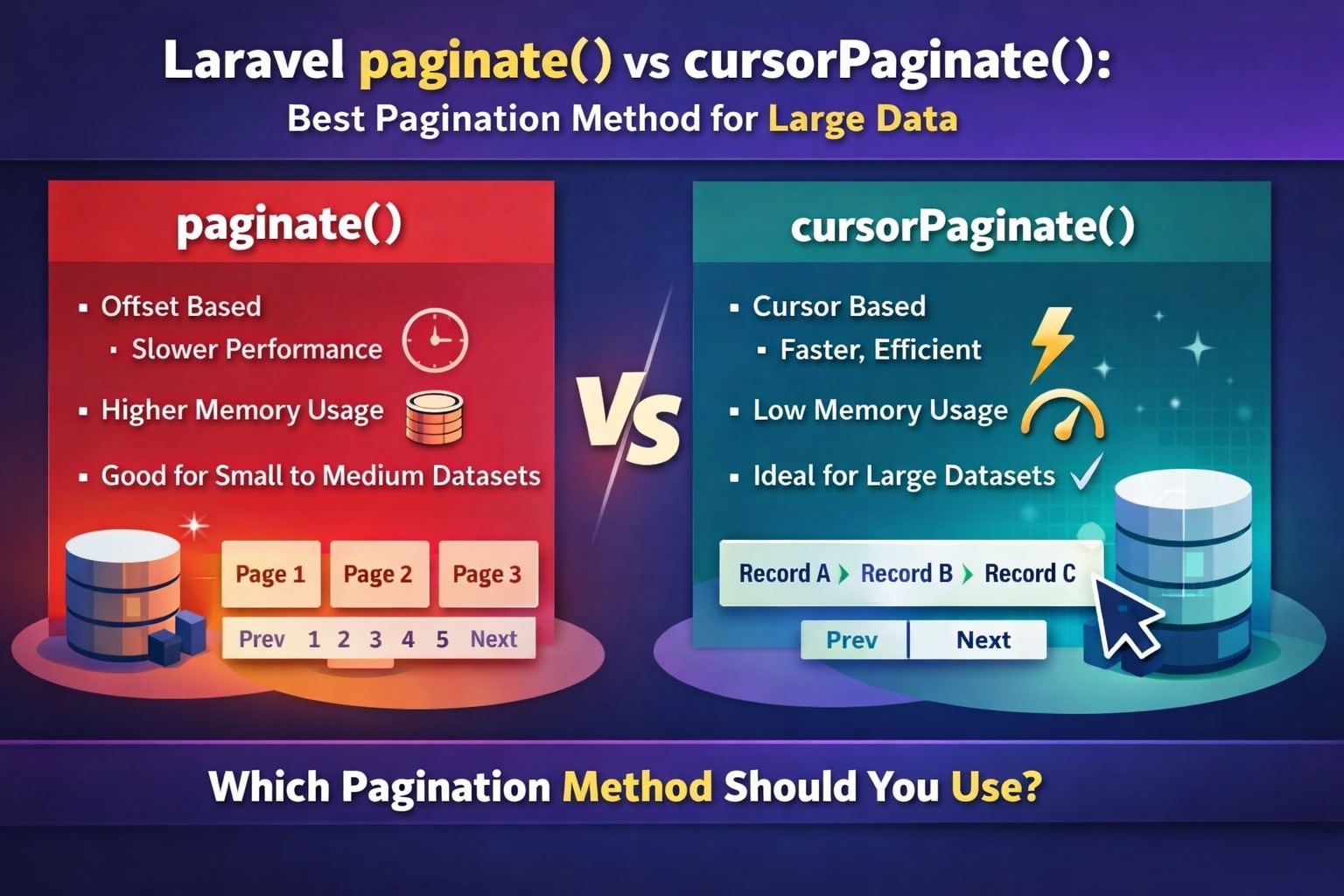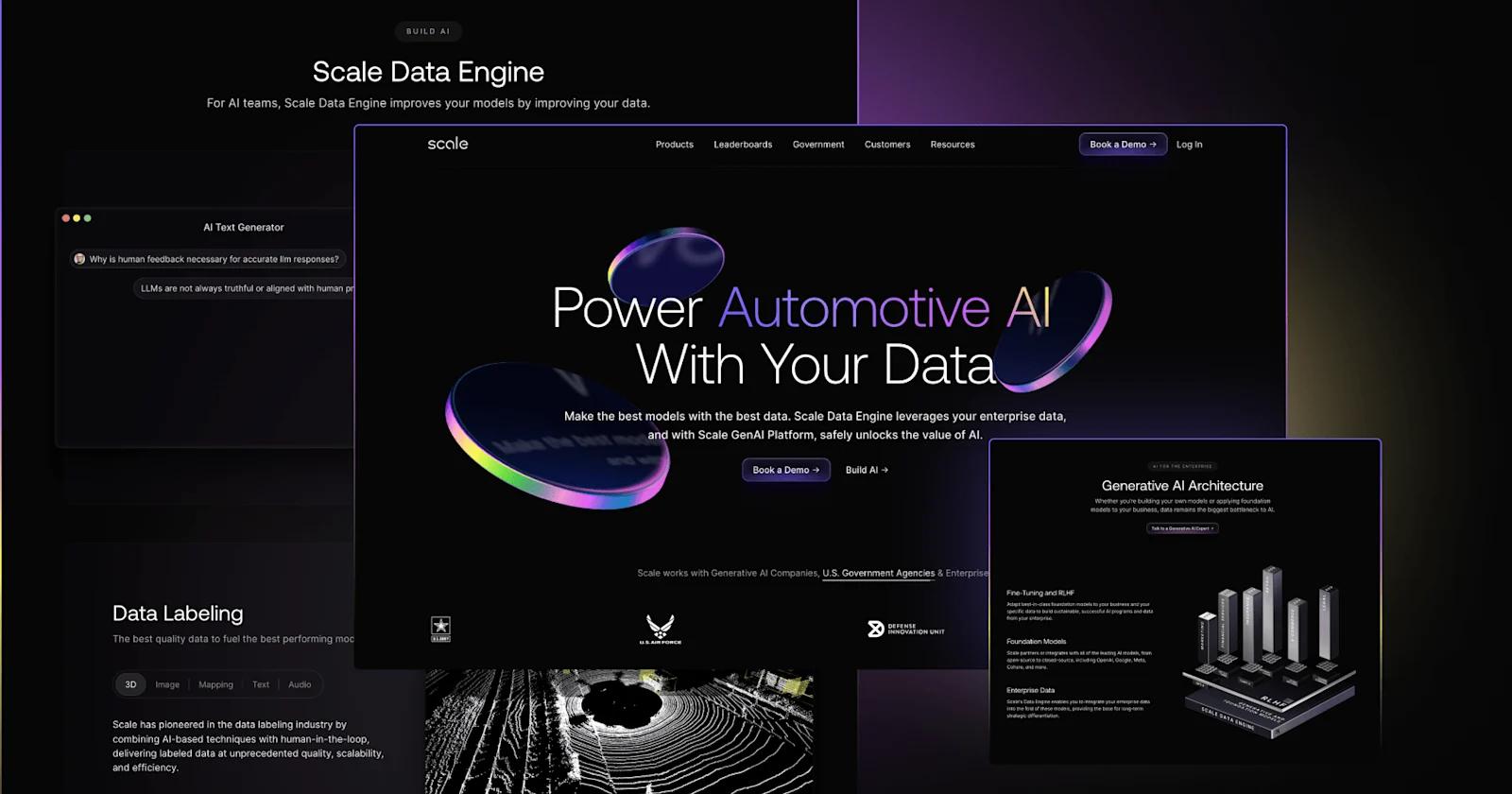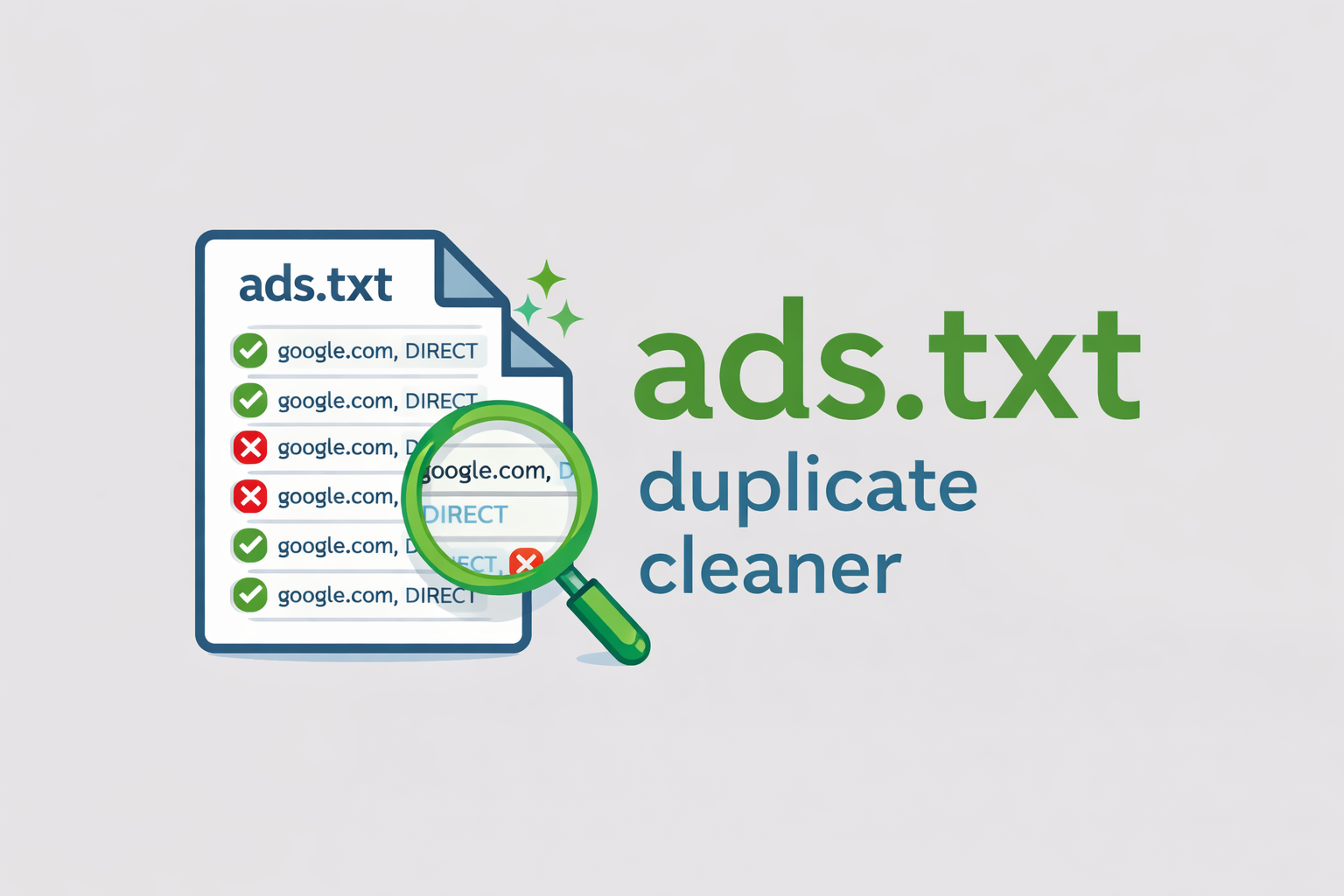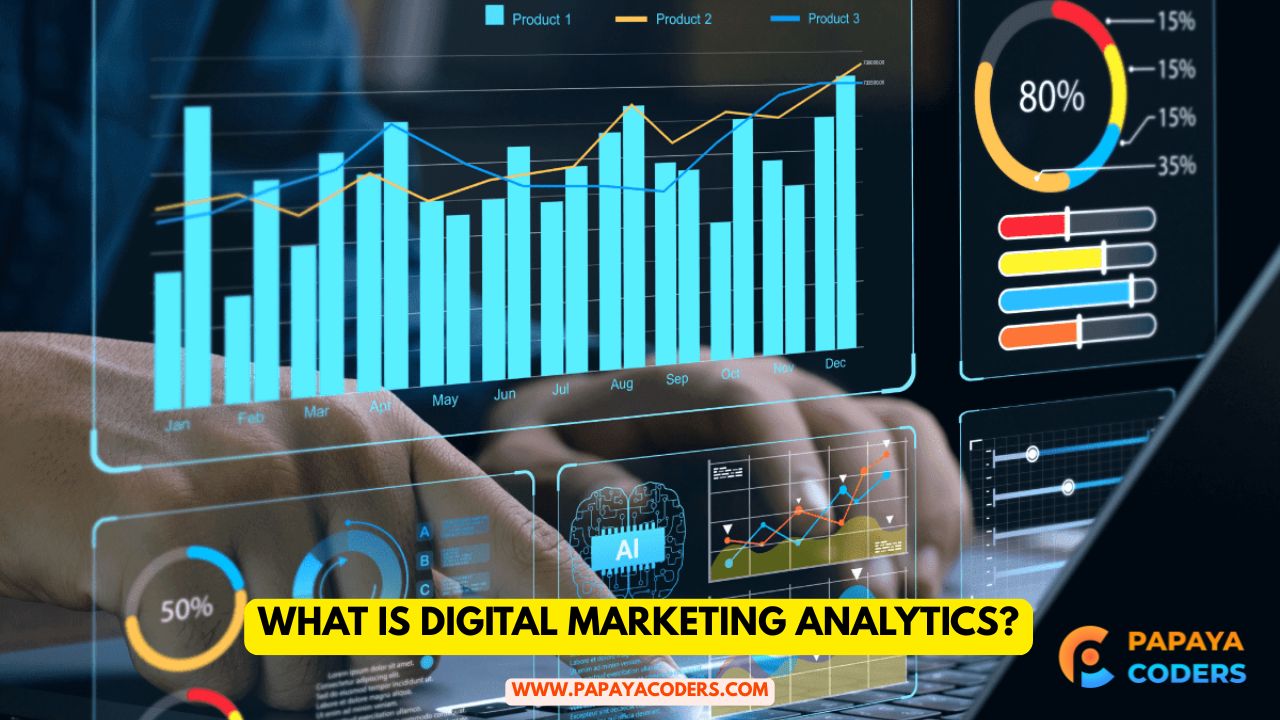In today’s digital world, consumers expect brands to take their needs, preferences, and behaviors into account as never before. Generic campaigns no longer stand out—the focus now is to use personalization powered by artificial intelligence (AI).
As we move into 2025, artificial intelligence-driven personalization continues to efficiently revolutionize digital marketing by delivering smarter and impactful campaigns.
Traditional vs. AI-Powered Personalization
While personalization has always been a part of marketing, past tactics limited personalization to basic demographic targeting or simply including someone’s first name in an email. With artificial intelligence, personalization has evolved.
AI harnesses the ability to process large volumes of data, analyze consumer behavior, and make predictions about consumer preferences in ways we have never been able to before, allowing for campaigns that are hyper-targeted and personally relevant to each consumer.
For instance, rather than delivering the same product ad to each visitor, artificial intelligence will analyze a consumer’s browsing history, buying history, and even the time of day, to recommend the most relevant product to each individual user. This process informs the most relevant, most consumer-focused ad for delivery, which creates a better consumer experience. Ultimately, this process creates a better consumer experience while increasing conversion rates.
What Makes AI-Personalized Marketing So Important in 2025
Today, consumers are inundated with content across a multitude of platforms. Distinguishing your messaging requires exactness, and AI can provide that. According to recent research, AI-personalized campaigns have increased engagement by upwards of 50% compared to non-personalized campaigns.
More importantly, customers expect personalization today. A generalized, mass distribution approach can alienate customers, while personalization engenders loyalty and trust. Brands that don’t apply AI personalization risk falling behind competitors in consumer viewership.
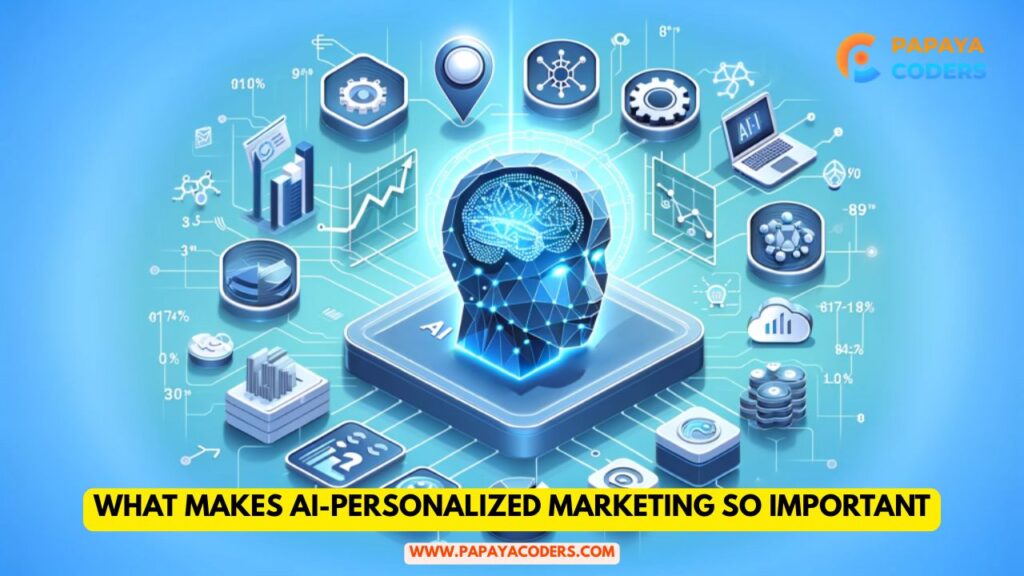
Some of the Benefits of AI Personalization
- Greater Customer Intelligence: artificial intelligence leverages behavioral data, psychographic profiles, and context inputs to create a deeper understanding of consumers.
- Real-Time Personalization: Unlike traditional marketing methods, artificial intelligence can deliver personalized content in real time by adjusting the recommendations based on ongoing customer interactions.
- Better ROI: By targeting criteria relative to the campaign, when applicable, marketers will be able to minimize wasting ad spend while maximizing their marketing budgets on the appropriate target audience at the correct moment.
- Scalability: What used to take marketers weeks or months worth of input in order to segment large populations, artificial intelligence can scale that process to reach millions of users in minutes.
Five Ways Brands Can Use AI Personalization
- Behavioral Data Processing: Monitor how users work with your website, app, or social media, and then use AI tools to examine behavior so that it can suggest personalized content or products.
- Predictive Analytics: Use artificial intelligence to predict what the customer will want before they even know they want it; for example, analyze what customers are doing on the website or when they historically shop during the season.
- Dynamic Content: Personalize web pages, email, and ads consistently in real time for each person to match their tastes.
- AI Chatbots and Virtual Assistants: Providing 24/7 personalized support, product suggestions, and customer service based on user needs.
- Test and Optimize: AI can run A/B tests at scale, which allows marketers to identify the best-performing messaging on an immediate basis.
Examples of AI Personalization in Practice
- E-commerce: Online retailers like Amazon use product recommendations based on browsing and purchasing history, which increases sales.
- Streaming Platforms: Netflix uses AI to recommend shows or movies based on the unique watch history of each user.
- Email Marketing: Brands like Spotify send email reminders with a user’s “favorite” songs, which builds affiliation.
The Future of AI-Enabled Campaigns
Through the advancements of Natural Language Processing (NLP) and emotional AI, campaigns will be able to go beyond basic personalization and dive into real-time contextualized personalization. Campaigns will be able to not only predict preference, they will change based on the customer’s mood and context at the moment in time. To put it to a ridiculous degree, imagine ads that react to the customer being home, commuting, or on vacation.
Read also:-
- Automating Development Workflow Using Docker Volumes and Bind Mounts
- Voice Search Optimization in 2025: The Ultimate Guide
Final Thoughts:-
Brands can continue to ignore it, but AI-enabled personalization is going to be a requirement for success in marketing in 2025 and beyond.
Once brands understand and buy into this, they can create better customer-first campaigns that can drive engagement, conversion, and long-term loyalty. In the future of marketing, it’s not just about reaching the audience. It’s making a personal connection with the audience and AI allows us to do that.
